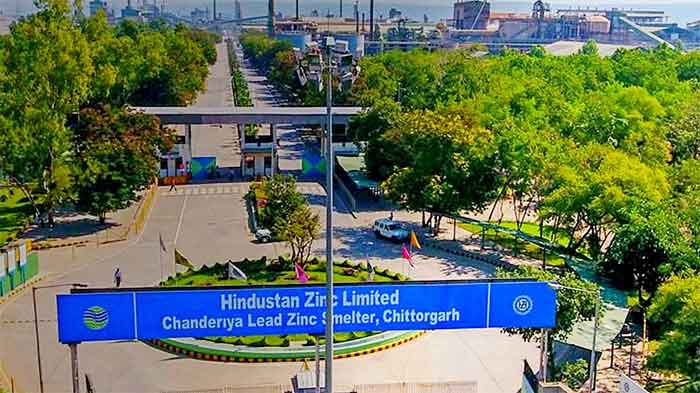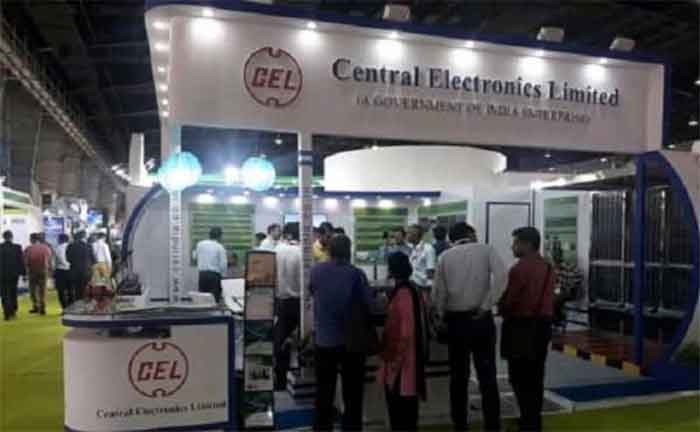
To
Shri Rajnath Singh
Union Defence Minister
Dear Shri Rajnath Singh,
I understand that the Department of Investment and Public Asset Management (DIPAM), Ministry of Finance has processed disinvestment of 26% of the equity of the BEML, a CPSE under the administrative control of the Ministry of Defence. From what I could gather from news reports, two private companies are in the lead and DIPAM will shortly submit the finalised disinvestment proposal to the Cabinet Committee of Economic Affairs (CCEA). Once the CCEA takes a decision, the private company chosen will take over control of BEML’s management.
Should the government disinvest BEML at all?
The primary justification for the disinvestment of BEML seems to be that it will bring additional fiscal resources for the government, apart from the argument that a private agency will manage BEML more efficiently. Both these arguments are fallacious, as explained below.
Does disinvestment bring additional fiscal resources?
Either the government seeking additional resources for the budget, or the private companies who buy the CPSE assets, would ultimately have to access the same pool of savings in the economy for raising the additional resources in question. The only difference is that, if the government directly accesses the market for the additional resources needed, it would get the corresponding quantum of resources on much more advantageous terms, whereas, when it adopts the route of disinvestment, it not only undersells the CPSE’s assets but also loses its ownership and control of the CPSE to the detriment of the public interest. This is exactly what is going to happen in the case of disinvestment of the BEML.
The argument of the Finance Ministry that it requires additional resources to bridge the fiscal gap is in itself questionable, as there are several ways to reduce that gap. In the first instance, there are several unproductive items of public expenditure that can be pruned. Considering that the recent research studies have brought to light that the income disparities in the country have significantly widened, in my view, the government should adopt a redistributive taxation system that will not only raise resources but also narrow down the inequities. It is unfortunate that the Finance Ministry has ignored those alternatives and resorted to the imprudent route of disinvestment.
DIPAM’s valuation of BEML’s assets seriously flawed:
The ongoing disinvestment exercise is not based on a prudent evaluation of the replacement value of BEML’s vast assets, its enormous capabilities as a CPSE that has invested heavily in R&D effort, the intellectual property rights it has acquired over the years in respect of the innovative R&D work carried out by its highly competent personnel and its pivotal role in nation building.
BEML has been at the forefront of the country’s self-reliance effort. It has been closely involved in the country’s indigenisation effort through R&D investments over decades of its existence, as for example, investing as much as Rs 133 crores on R&D during 2020-21 alone, which is about 3.73% of its sales turnover. Its R&D investments have yielded positive outcomes by way of acquisition of intellectual property rights and patents. BEML filed 55 IPRs during 2020-21 alone, which included 13 patents, 9 designs, 18 copyrights and 15 trademarks.The company has been awarded 8 patents so far. 69% of the sales turnover of BEML during 2020-21 was from in-house R&D developed products. During 2020-21 alone, BEML indigenised 107 items.
Any valuation exercise that undervalues the intellectual property rights acquired by the BEML, the enormous R&D capital it has created and the indigenisation effort it has put in, will inevitably result in this precious CPSE being undersold to the detriment of the public interest.
BEML has 1733 acres of land in operational use at prime locations spread across Kerala, Karnataka and other States. The market value of those lands alone will be very significant, compared to the paltry disinvestment proceeds that will accrue.
Either by design or otherwise, DIPAM’s disinvestment policy has kept out the other CPSEs from taking part in the bidding process, which has reduced competition, restricting the number of bidders to a few, and consequently created space for undervaluation of BEML’s assets.
Will private management improve BEML’s performance?
BEML is a Miniratna company, with half a century of illustrious track record. It has played a pivotal role in catering to core sectors like Defence, aerospace, Rail, Power, Mining and Infrastructure. It manufactures military hardware including the Prithvi missile launcher. It has been rated by the Department of Public Enterprises (DPE) as “Excellent” from the corporate governance point of view.
BEML’s turnover today is more than Rs 3,500 Crores, with Rs 2,453 Crores of orders in Defence and Aerospace sectors alone. BEML’s Order Book as on 1-4-2021 stood at Rs 11,363 crores, recording a growth of 16% over the last year’s turnover. It has been earning profits consistently over the years, with Rs 93 Crores of profit (before tax) earned during 2020-21. Competing with several MNCs, BEML exported its products to over 67 countries, earning Rs 280 Crores of foreign exchange during the year.
To say that a private company will manage BEML better than its PSU management therefore has no basis whatsoever. It is more likely that, under private management, BEML’s character as an R&D backed manufacturer will drastically alter, stripping it of its strategic role.
The Defence Ministry has the obligation to advise the CCEA of the invalid arguments that seem to drive the whole exercise of disinvestment.
BEML’s human resources:
Over the decades, the company has assiduously developed a highly competent and professional team of personnel comprising 6,158 employees. To value their capabilities from the narrow point of view of a market bidder will be highly misleading.
In particular, as a responsible arm of the government, as envisaged in Articles 12 and 16 of the Constitution, BEML has employed 1674 trained, competent personnel belonging to the SCs/STs. In addition, as a defence CPSE, it has employed 238 ex-service personnel.
As a result of disinvestment of BEML, all these employees will face uncertainty in their future, as the terms of disinvestment do not provide security of service for them. In a way, considering that these personnel are government employees, security of service for them ought to have been a precondition to disinvestment.
Would it not be unjust for the government to introduce uncertainty in the future of all those well trained and committed employees, including those belonging to the SCs/STs?
The social value of the BEML:
BEML, as a CPSE furthers the cause of the welfare obligations of the government, as laid down in the Directive Principles of the Constitution. Since disinvestment will radically alter the BEML’s objectives, it will have the effect of shrinking its welfare role, in violation of the Directive Principles. It is imperative that the decision makers reckon the fact that what counts for the CPSEs is how the society values them, not how the market players view their value. CPSEs are not marketable commodities that can be traded across the counter. That will be far too simplistic an argument.
Moreover, from whatever I could gather from the news reports, the credentials of the few bidders in the running for the BEML’s controlling equity share are not comparable to those of the BEML. As the final bidder is chosen, I am sure more details, not necessarily palatable, will emerge.
Public assets cannot be alienated to private parties without a wider public debate:
BEML’s assets, as indicated above, are far too precious for the government to dispose of them in a summary manner, without a discussion in the Parliament and without wider public consultation. The way DIPAM is going about with CPSE disinvestment defies every norm of democratic consultation with the people that lies at the core of our Parliamentary democracy.
Against the above background, I appeal to you to advise the CCEA, even at this belated stage, not to go ahead with the proposed disinvestment of the BEML and put it on hold pending a more comprehensive examination of the serious concerns I have raised in this letter.
Regards,
Yours sincerely,
E A S Sarma
Former Secretary to Government of India
Visakhapatnam














































